The Best Foods to Eat While Pregnant
Let’s be honest: pregnancy can be exhausting. And, when you’re exhausted, or if you feel sick in one way or another, it can be difficult, if not impossible, to plan a meal or a snack for yourself that’s legitimately nutritious. This is even more true if you also have a job, or if you’re a single parent, or if you already have other children to care for as well. Having a set of superfoods that are highly nutritious and easy to prepare in stock in your kitchen pantry can make it just a tiny bit easier to stay on top of eating a healthy diet during pregnancy.Moringa
Moringa (Moringa oleifera) is a great food to include in your daily diet during pregnancy. It can be used to prevent gestational diabetes naturally in women who are predisposed to this health issue. And because of its spectacular nutrient profile and numerous health benefits, some societies and groups of researchers refer to moringa as the “Miracle Plant”. In regard to nutrients, this plant is so nutritionally rich that it can be taken as a multivitamin substitute, and is significantly more affordable and healthful than taking an average prenatal supplement.NOTE: Most prenatal supplements contain the fake / synthetic, folic acid form of vitamin B9. Natural vitamin B9 is known as folate and it normally exists in fairly large quantities in plants like wheat and corn. Unfortunately, however, vitamin B9 has been “phased out” of these staple food products through genetic modification. Read more about how genetic modification changes the nutrient profile of common foods here. Some scientists believe that the fake folic acid / vitamin B9 found in prenatal vitamins build up in the fetus’ body to cause autism and other diseases following birth. In turn, folate, the natural form of vitamin B9 prevents neural tube diseases and disorders which would, in theory, include neurological diseases like autism. Moringa does not contain vitamin B9 / folate, so be sure to take a high-dose methylfolate vitamin B9 supplement (15 mg) in addition to Moringa during pregnancy.
Among the many nutrients present in moringa leaf are:
- Vitamin C
- Vitamin A
- Thiamine / Vitamin B1
- Riboflavin / Vitamin B2
- Niacin / Vitamin B3
- Vitamin E
- Amino acids
- Histidine
- Valine
- Isoleucine
- Leucine
- Lysine
- Methionine
- Phenylalanine
- Threonine
- Tyrosine
- Alanine
- Arginine
- Glutamic acid
- Glycine
- Proline
- Serine
- Cysteine
- Calcium
- Potassium
- Iron
- Copper
- Sulphur
- Magnesium
Besides being nutrient rich, moringa also boasts a long list of healing properties, and has been used in traditional medicine systems to cure malaria, bacterial infections, Candida albicans infection/overgrowth, parasite infection, cancer, diabetes, liver diseases, and more. If, for example, you have been diagnosed with cancer during pregnancy, natural treatment with moringa should definitely be a part of your cancer treatment protocol. The same holds true if you with to treat Candida infection naturally during pregnancy, liver disease, parasite infection, gestational diabetes, or another disease process that’s not treatable via conventional medicine. During pregnancy, studies have shown that moringa use/supplementation can help increase iron levels and prevent anemia, increase breast milk supply in the postpartum period, reduce stress levels, increase the mother’s body weight during pregnancy, and prevent low birth weight in the infant. Moringa use during breastfeeding has been shown to improve the quality of breastmilk, specifically by increasing the levels of certain vital fatty acids, including arachidonic acid (AA), alpha-linoleic acid (ALA), and linoleic acid (LA).
Because of its high degree of safety, moringa may also be used medicinally in higher doses, as part of a healing protocol, to treat some of the health problems listed above if they occur during pregnancy. Women with gallbladder issues may especially benefit from moringa’s hepatoprotective effects, and this herb may also be a good choice to include in larger amounts in cases of a UTI or kidney infection during pregnancy. The hypotensive effects of moringa may be valuable in preventing and treating preeclampsia or high blood pressure during pregnancy. Taking moringa during the postpartum period and for the duration of time that a mother is breastfeeding can help improve the quantity and quality of her milk supply, in addition to warding off infection and disease in both her and her baby. Moringa powder can easily be incorporated into smoothies, sprinkled on salads, mixed in with granola or yogurt, or even sprinkled into soups or on top of vegetables after they’ve been cooked to enhance the nutrient profile of a meal during pregnancy. Of course, since this is a leaf powder you’re working with, moringa does taste “green”, but its flavor is relatively mild in comparison with other green powders like wheatgrass, and can blend in with the flavors of most fresh fruit or vegetable based foods in particular. It also combines well with cacao-based foods.
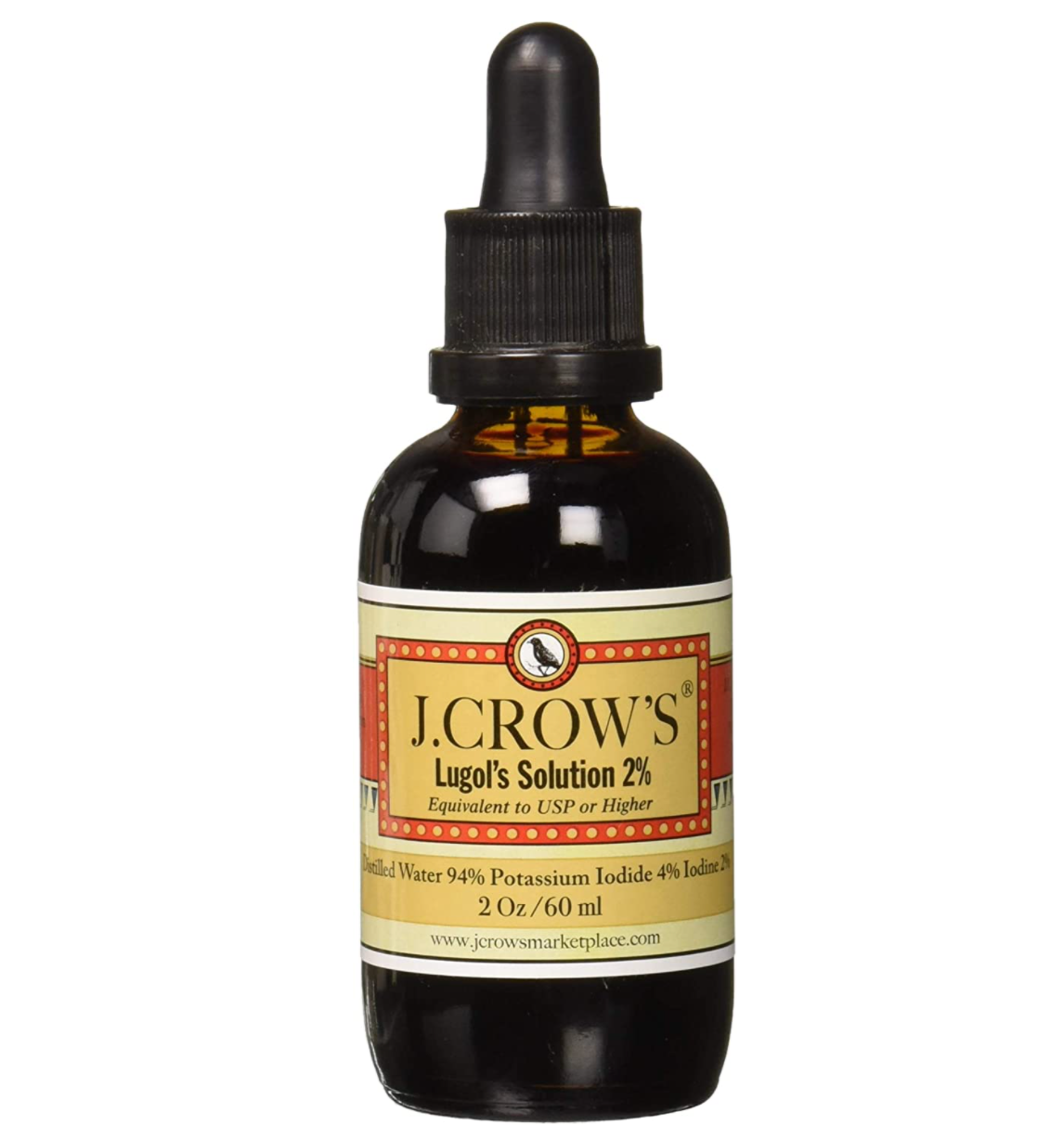 If you’d prefer, you can take 500-1000mg of moringa leaf powder daily in capsule form as a replacement for a daily multivitamin just be sure to also take vitamin B9 in the methylfolate form at 15 mg per day along with a zinc supplement (15 mg), and 50 mg of Lugol’s iodine 2% (20 drops) daily as well.
If you’d prefer, you can take 500-1000mg of moringa leaf powder daily in capsule form as a replacement for a daily multivitamin just be sure to also take vitamin B9 in the methylfolate form at 15 mg per day along with a zinc supplement (15 mg), and 50 mg of Lugol’s iodine 2% (20 drops) daily as well.
Maca Root
Maca root (Lepidium meyenii) is a popular fertility enhancing herb for both men and women in Peru and other areas of the Andes Mountains in South America where it grows natively. There are 3 varieties of maca: yellow (the most common), red, and black (the rarest). Yellow maca is thought of as a “general use” form of maca, and is used most often as a part of the daily diet to maintain reproductive health in men and women, as well as to enhance the nutritional intake of children and people of all ages. The red and black types of maca root are usually used in more medicinal or ceremonial contexts; the red maca is the feminine aspect of maca root, while black maca is the masculine aspect of maca root. Both colors can be used in both men and women, but are used to restore balance in different ways based on the needs of the patient.We discuss maca root as a fertility boosting supplement in this article.
While studies on the use of maca root during pregnancy are limited (if not completely nonexistent), it’s reasonable to assume that maca root would be safe and valuable as a pregnancy superfood. After all, in the Andes, native people (including pregnant women) eat maca root as part of their daily diet. Maca root is nutrient dense. Yellow maca root includes the following nutrients:
- Iodine
- Sulfur
- Potassium
- Zinc
- Copper
- Manganese
- Calcium
- Iron
- Thiamine / Vitamin B1
- Riboflavin / Vitamin B2
- Niacin / Vitamin B3
- Vitamin C
- All 9 essential amino acids (lysine, leucine, isoleucine, threonine, tryptophan, valine, histidine, phenylalanine, and methionine)
During pregnancy, maca root provides a quality source of nutrition, in addition to offering certain other health benefits. The hormone-balancing properties of maca root may help prevent miscarriage, stillbirth, and preterm labor, in addition to supporting a positive mood and lowering stress levels. Maca root may also help reduce fatigue and problems with concentration related to pregnancy. As a cruciferous vegetable that contains high levels of sulfur, maca root may also help support gallbladder health during pregnancy, and thus may relieve the symptoms of gallstones and biliary dyskinesia.
Maca root combines well with raw cacao, especially in the form of a hot drink, baked good, or smoothie. Consider incorporating maca root in with a morning cacao drink, or add a sprinkle to your morning smoothie. Maca root can also be taken as a supplement, but because you’ll likely already be taking a lot of supplements, it’s ideal to find ways to incorporate maca root powder into your diet in order to experience its benefits.
Lion’s Mane Mushroom
Lion’s mane mushroom (Hericium erinaceus) is a powerful mood boosting fungi that is safe for use throughout pregnancy as well as during breastfeeding. While it’s possible to eat lion’s mane mushroom like any other mushroom, it’s pretty rare to find this mushroom fresh or in a form that can be used in foods like any other mushroom you might be familiar with. However, powdered forms of lion’s mane mushroom are much more widely available, and when used correctly, last for a long time.Lion’s mane mushroom contains the following nutrients:
- Zinc
- Iron
- Calcium
- Potassium
- Phosphorus
- Magnesium
- Folate / Vitamin B9
- Thiamine / Vitamin B1
- Vitamin E
- Amino acids
Lion’s mane mushroom powder can be incorporated into a daily cacao drink or smoothie, or even into a soup, if you’d like, to boost energy levels and mood. Studies have shown that lion’s mane mushroom supplementation in food or capsule form can help reduce depression, anxiety, and other mood disorders, in addition to improving sleep quality, when taken over the course of at least 8 weeks. Lion’s mane mushroom may also be helpful for warding off the symptoms of “pregnancy brain” through its ability to improve memory and cognitive function through encouraging the growth of nerve cells in the brain.
 Nutricost Organic Lion's Mane Mushroom Powder 1LB - Certified USDA Organic
Nutricost Organic Lion's Mane Mushroom Powder 1LB - Certified USDA Organic
- Anti-ulcer (lion’s mane reduces injury to the gastric mucosal lining)
- Anti-inflammatory
- Anti-cancer
- Immunomodulatory
- Neuroprotective
- Antioxidant
- Hepatoprotective / Liver protective
- Anti-fatigue
- Hypoglycemic / Lowers glucose levels
- Hypolipidemic / Lowers lipid levels
- Prebiotic
- Neuroregenerative
- Treatment of diseases like:
- Ulcerative colitis
- Crohn’s disease
- Heart disease
- Diabetes
- Kidney disease
- Liver disease
- Dementia
Animal studies haven’t shown any toxicity to either the mother or fetus in rats who were given low, medium, and high doses of this mushroom. One study observed that there were no statistically significant differences between the test group and study group in terms of uterine weight, fetal body weight, pregnancy loss, number of corpora lutea, fetal implantation sites, or in the external, skeletal, and organ formation of the fetuses.
Raw Cacao
A lot of women crave chocolate during their periods, and indeed, a lot of women continue to crave chocolate during pregnancy. The good news is, chocolate is good for you! But, it’s important to choose only raw cacao products that are free from sugar and milk. When most of us think of chocolate, we think of candy bars, which are decidedly unhealthy. Candy bars use refined forms of cacao that have no nutritional value. Raw cacao, in contrast, whether it be in the form of cacao nibs, cacao paste, or cacao powder, is a highly nutritious food that can be used in much the same way in baking and cooking as cocoa powder (which is not the same thing).Cacao is an excellent food for pregnant women because of its nutritional profile, as well as because of its spiritual properties. The cacao plant has long been used as a heart-opener and as a plant medicine to facilitate peace and connection among tribespeople as well as between neighboring tribes. It was considered sacred in many native Mexican cultures, and it is still used ceremonially today both in group and private contexts.
Nutritionally, cacao contains the following nutrients:
- Iron (in its non-heme form)
- Magnesium
- Potassium
- Manganese
- Phosphorus
- Zinc
- Copper
- Sulfur
- Calcium
- B-complex vitamins (excluding vitamin B12)
- Vitamin C
- Vitamin E
- Vitamin A
- Vitamin D
- Tryptophan (the precursor to the neurotransmitter serotonin)
- Omega-6 fatty acids
Note that, contrary to popular belief, cacao doesn’t actually contain caffeine, which is good news for pregnant women who love chocolate! While it's true that cacao can be stimulating, this isn’t due to caffeine, but rather to theobromine, a similar but very different alkaloid. Despite theobromine’s stimulating effects, raw cacao can also promote physical relaxation as a result of its high magnesium content. This unique combination of mental stimulation and physical relaxation can be helpful for women struggling with mood problems during pregnancy.
 Milliard Organic Raw Cacao Powder/Non-GMO and Gluten-Free (5 lbs)
Milliard Organic Raw Cacao Powder/Non-GMO and Gluten-Free (5 lbs)
For women who are struggling with depression, anxiety, or other mood problems during pregnancy, raw cacao may be a good choice not only to include in food, but also as medicinal substance. This food helps produce serotonin in the brain, and thus can help improve mood and reduce stress levels. Consider establishing a daily meditation practice in the morning with cacao. Prepare a ceremonial cacao drink, and sip at it while you connect with yourself in whatever way you feel is necessary. While you can take cacao in the evening in this way, it’s best to do this practice in the mornings because, indeed, cacao can still be stimulating, even though it doesn’t contain caffeine.
Nutritional Yeast
Some people find nutritional yeast to be more of an acquired taste, while others love it. If you’ve never tried nutritional yeast before, get a small amount to try before investing in a larger bag of it. While nutritional yeast isn’t a vegan source of vitamin B12 as some websites claim, it is a nutrient rich food that can be incorporated into a wide range of dishes in order to enhance their nutritional value. For example, nutritional yeast can be sprinkled on pasta, homemade pizza, or into salads, or it can be combined with a vegan milk and some cornstarch to make a “cheese” sauce substitute (I find this to be an excellent replacement for mac n cheese). With nutritional yeast, some of the simplest, pregnancy-sickness-friendly foods, like pasta, can be made into nutritious meals.Nutritional yeast generally contains the following nutrients (the actual nutrient profile varies from product to product, but most contain these):
- Thiamine / Vitamin B1
- Riboflavin / Vitamin B2
- Niacin / Vitamin B3
- Vitamin B6
- Folate / Vitamin B9
- Essential amino acids (histidine, isoleucine, lysine, leucine, methionine, phenylalanine, tryptophan, threonine, and valine)
- Iron
- Potassium
- Zinc
- Magnesium
- Manganese
- Copper
 Anthony's Premium Nutritional Yeast Flakes, 1 lb, Fortified, Gluten Free, Non GMO, Vegan
Anthony's Premium Nutritional Yeast Flakes, 1 lb, Fortified, Gluten Free, Non GMO, Vegan
Lentils
You don’t see lentils on a superfood list all that often! But, lentils make this list of superfoods for a few reasons. First of all, lentils are incredibly fast and easy to prepare, even if you don’t have a lot of time or energy to make a meal. Second, they’re tasty, when prepared properly (and keep in mind, there are actually A LOT of ways to prepare lentils). Third, lentils and lentil-based foods keep well when frozen, which means you can make a large batch when you feel good in order to feed yourself well later when you’re maybe not feeling so great.Finally, lentils are extremely nutrient dense! These little legumes contain, among other nutrients, high levels of:
- Iron (the non-heme kind)
- Potassium
- Magnesium
- Zinc
- Selenium
- Copper
- Manganese
- Folate / Vitamin B9 (remember to buy organic lentils!)
- Choline
- Lysine
- Glutamic acid
- Leucine
- Threonine
- And more…
There are a lot of different varieties of lentils to choose from, and each has its own unique flavor profile. In my experience, red lentils (also known as Masoor Dal) are the fastest cooking, and can be ready to eat in about 30 minutes or less. However, most lentils, especially if they’ve been soaked for 2 hours beforehand, cook remarkably fast. As a dry good, you can buy a stash of lentils to keep in your pantry for whenever you need them. NOTE: Lentils and other legumes should always be soaked before cooking. If you don’t soak the legumes prior to cooking them, the nutrients in the lentils may not be bioavailable.
 Bob's Red Mill Lentil Beans, 27 ounce
Bob's Red Mill Lentil Beans, 27 ounce
Eggs
Eggs are a complete protein, and what some people call a “perfect food”. Besides being rich in numerous essential nutrients, eggs are also extremely easy to prepare, especially if you boil them and keep them in the fridge for up to 1 week. Of course, there are a lot of different ways to prepare eggs in order to reap the nutritional benefits of these little powerhouse foods, but making a batch of hard-boiled eggs at the beginning of each week is a good way to ensure that you’ll have a quick and nutritious snack available any time of the day or night. (NOTE: Start by making 7 hard-boiled eggs per week, one for each day of the week; if you find yourself eating more than this, then make a few extra in advance for the next week. This way, you won’t make too many eggs, since hard-boiled eggs are only safe to eat for 1 week when they’ve been refrigerated).Choose free-range, organic eggs since these won’t have added hormones, antibiotics, or other toxic chemicals (read more about the effects of these harmful chemicals in this article). In addition, they’re more likely to contain vitamin K2 and iodine, which are crucial for reproductive health and bone development and maintenance, among a variety of other things in the body. Free-range eggs contain:
- Iron
- Iodine
- Selenium
- Vitamin K2
- Vitamin A
- Vitamin D
- Vitamin E
- Vitamin B12
- Folate / Vitamin B9
- Choline
The combination of vitamin B12, vitamin B9, and heme iron in eggs makes them a particularly good food for blood-building which is essential during pregnancy. Choline is an essential nutrient during pregnancy and most women are deficient in it. Women who are prone to developing anemia or symptoms of iron deficiency during pregnancy will benefit from including eggs (and other animal protein sources) in their diet on a daily basis. Headaches and fatigue caused by iron deficiency anemia can be quickly warded off by eating an egg or two, or another iron-rich food, especially along with a glass of orange juice or a mango to boost vitamin C levels.
Besides the vitamins and minerals above, eggs also contain all of the essential amino acids, as well as some non-essential or conditionally essential amino acids. Eggs also contain omega-3 fatty acids, meaning that they’re not only a good protein source, but also a good source of saturated fats (which are the best kind).
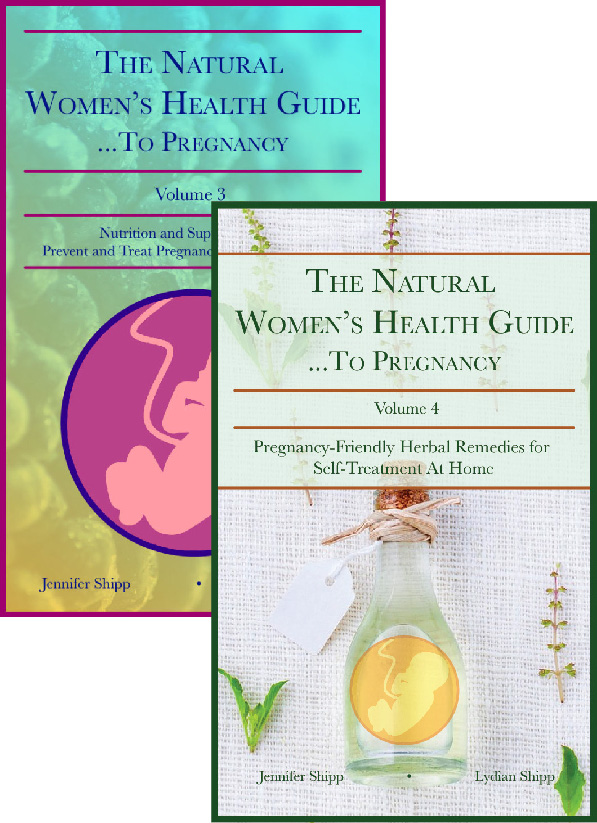
"The Natural Women's Health Guide... to Pregnancy - BUY HERE!"
 Click here to subscribe to the Living Database!
Click here to subscribe to the Living Database!
Related Posts:
Resources:

 Eating superfoods during pregnancy can provide a blast of nutrients with fewer calories to amp up a woman's nutritional profile.
Eating superfoods during pregnancy can provide a blast of nutrients with fewer calories to amp up a woman's nutritional profile.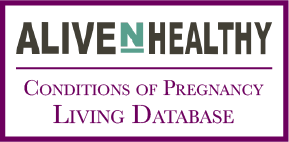 The Conditions of Pregnancy Living Database, BETA Release - NOW AVAILABLE! Click here to learn more...
The Conditions of Pregnancy Living Database, BETA Release - NOW AVAILABLE! Click here to learn more...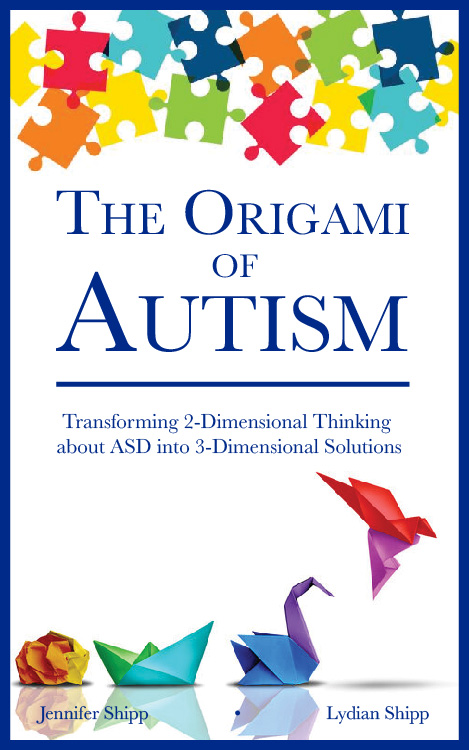 The Origami of Autism: Transforming 2-Dimensional Thinking about ASD into 3-Dimensional Solutions - BUY HERE!
The Origami of Autism: Transforming 2-Dimensional Thinking about ASD into 3-Dimensional Solutions - BUY HERE! MAJU's Organic Moringa Powder (1 Pound), Oleifera Leaf, Extra-Fine Quality, Dried Drumstick Tree Leaves, For Tea, Smoothies, Food-Grade
MAJU's Organic Moringa Powder (1 Pound), Oleifera Leaf, Extra-Fine Quality, Dried Drumstick Tree Leaves, For Tea, Smoothies, Food-Grade
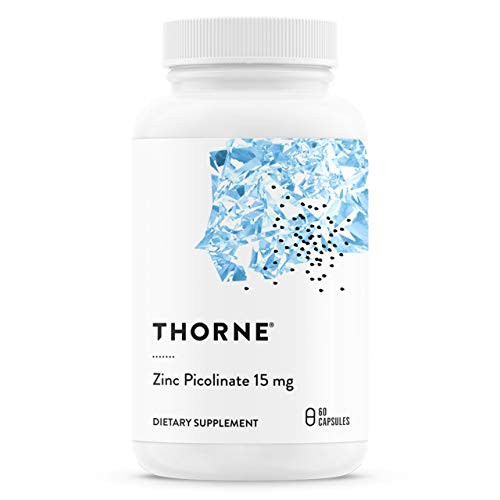 Thorne Zinc Picolinate 15mg - Highly Absorbable Zinc Supplement - Supports Wellness, Immune System, Eye, Skin, and Reproductive Health - Gluten-Free, Soy-Free, Dairy-Free - 60 Capsules
Thorne Zinc Picolinate 15mg - Highly Absorbable Zinc Supplement - Supports Wellness, Immune System, Eye, Skin, and Reproductive Health - Gluten-Free, Soy-Free, Dairy-Free - 60 Capsules
 L Methylfolate 15mg | 120 Capsules | Value Size | Max Potency | Optimized and Activated | Non-GMO, Gluten Free | Methyl Folate, 5-MTHF | by Opti-Folate
L Methylfolate 15mg | 120 Capsules | Value Size | Max Potency | Optimized and Activated | Non-GMO, Gluten Free | Methyl Folate, 5-MTHF | by Opti-Folate
 Anthony's Organic Maca Root Powder, 1 lb, Gelatinized for Enhanced Bioavailability, Gluten Free & Non GMO (Pack of 1)
Anthony's Organic Maca Root Powder, 1 lb, Gelatinized for Enhanced Bioavailability, Gluten Free & Non GMO (Pack of 1)
 Zint Organic Cacao Nibs (16 oz): Fair Trade, Paleo-Certified, Organic, Non GMO, Anti Aging Antioxidant Superfood, Gluten Free Cocoa Cacao Beans
Zint Organic Cacao Nibs (16 oz): Fair Trade, Paleo-Certified, Organic, Non GMO, Anti Aging Antioxidant Superfood, Gluten Free Cocoa Cacao Beans













